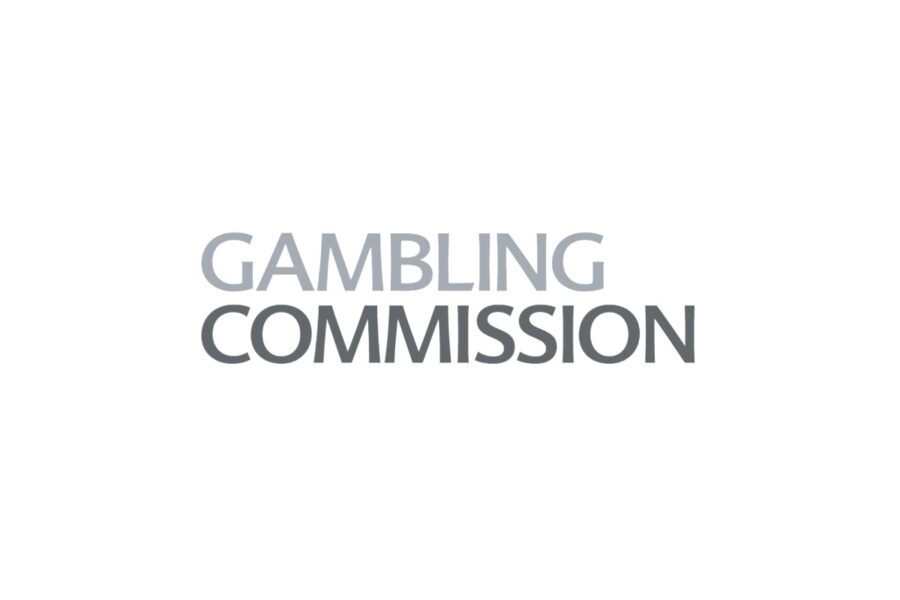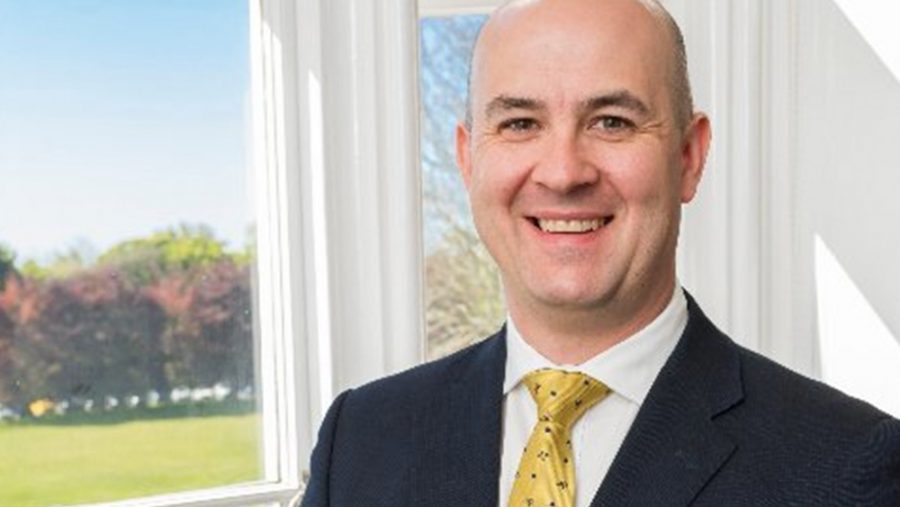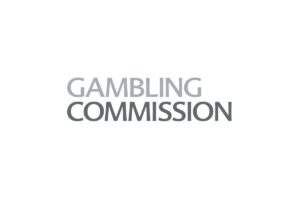Gambling Commission to ask operators for data on account restrictions

The British gambling regulator’s CEO raised concerns about players complaints over restrictions and account closures at his annual briefing.
UK.- The Gambling Commission’s chief executive Andrew Rhodes has outlined the regulator’s priorities for 2025 in his annual briefing to gaming industry CEOs and leaders. The Gambling Commission says the audience at the event represented over 85 per cent of the British facing gambling sector in terms of gross gambling yield (GGY).
Rhodes said he had decided to be more detailed and specific in his speech this year because he felt that some issues flagged last year had not been addressed by operators. While Rhodes said industry compliance had improved, with “far fewer examples of high-velocity spend with little or no interaction or the application of operator policy”, he noted volatility in assessment outcomes, with 25 per cent showing significant failings for July to September.
“The introduction of LCCP 3.4.3 to use its technical name, or customer interaction to speak slightly more plainly, means there are new requirements and operators are adapting to that,” Rhodes said. “We have also been assessing in sectors, sub-sectors and operator tiers where we suspect there may be issues or where we at least want some assurance there are not.”
However, Rhodes also made a warning. “Any operator of any real size and scale now who does not have well-developed algorithms, policies, procedures, interactions and interventions in place is increasingly an outlier, and this will become more obvious as the industry continues to make developments in this area.”
He also warned about issues caused by the growth of complex tech stacks through mergers and acquisitions. “We’ve seen an increase in the number of issues with marketing failures where people have been marketed to that should not have been, they’d opted out or they were excluded, and we recognise that these are mistakes that are being made. It’s not deliberate and that is reflected in the response that we’ve had to it, however these are the sorts of complicated issues that we are going to need to be better at resolving, because otherwise they leave the industry open to pretty significant criticism.”

He noted that the Gambling Commission had scaled up its pilot of a contact point for technical enquiries with a dedicated phone number and email address. There are 500 operators now involved – 22 per cent of our active licence population. He said: “With the end of the Pilot, we are now going to take some time to review if this service is the solution that best serves the needs of licensees and is achievable on a permanent basis at the same time. But I think it’s fair to say the reaction from operators involved – including many of you in the room today – has been encouraging.”
Gambling account closures and restrictions
Another area Rhodes signalled as a priority was the closure or restriction of customer accounts without a clear explanation. “My concern is all too often I see the phrase ‘regulatory requirements’ quoted when it is actually about terms and conditions or operators seeking to protect themselves against potential fraud or abuse of terms,” he said.
“The industry has a right to shield itself from such things, but I was disappointed not to see movement in the last year towards a clearer position for consumers. I obviously understand the issues of tipping off where money laundering or fraud is suspected, but not all cases are about money laundering or fraud.”
He linked this to the theme of transparency. “This really splits into two broad areas – transparency about the industry, compliance and so on and then transparency to consumers about their own position and why things are happening. Everyone in this room today knows that there are plenty of legitimate reasons why accounts may be closed or restricted by operators. But at the commission, we also expect operators to be transparent with their customers on the reasons additional information is requested or accounts are restricted or closed.”
As such Rhodes said the Gambling Commission will “in the very near future” we will be asking you for data on account restrictions and the reasons. “We want to understand what the actual reality is for accounts being factored, restricted, closed, put onto zero stakes and other similar things. We cannot continue to be surrounded by a debate where it is not clear what the true picture is. With account withdrawals being the top complaint, we will also want to understand more about what is happening in that 1 per cent of accounts where withdrawals are delayed.”
On the specific issue of withdrawals, Rhodes noted: “It’s still the most frequent raised by consumers with us and is a large driver of traffic towards the Alternative Dispute Resolution services as well. And we know, that for many of you, you have strong processes in place to turn withdrawals around quickly. Data provided to the Commission by some of the largest gambling companies shows that those firms approve, process and fulfil around 99 per cent of customer withdrawal requests within 24 to 48 hours of the request being made. That is really positive.
“There is, however, quite a dominant narrative forming which is that winning sports bettors are quickly limited or accounts closed and withdrawals frustrated. I have observed numerous social media storms where there has been a feeding frenzy about a case where an individual claims they have been treated unfairly. A whole group of people will be commenting extensively on this and drawing all kinds of conclusions, often including the need for a licence to be suspended or revoked.”
Rhodes said he had personally followed up on many such cases and that rarely present the picture claimed on social media. “The cases we have looked at, where people have vociferously claimed they are the victims of abuse of process, often do not actually represent the things individuals claim they do. Some of these cases may even be examples of fraud by misrepresentation,” he said. “However, we do also see an increased pattern of concerns and complaints about the fairness of gambling and whether winning sports betting consumers in particular are tolerated within the industry.
He added: “Rather than people make assumptions, suppositions or anything else, it’s important we actually gather the evidence. That said, it seems pretty clear that where criminality is not a genuine concern, communication to consumers is often poor and sometimes misleading and it is leading to unnecessary complaints and frustration.”
Expansion of GamProtect
Meanwhile, Rhodes said the Gambling Commission is encouraging more operators to join GamProtect, the new data-sharing system that was fully launched in September.
“Operators had no awareness of the risk a consumer may be facing beyond what that operator could see in their own business. GamProtect can help fill that blind spot. Where an operator has closed a customer’s account after identifying a customer that has self-declared a very serious marker of health-related gambling harm, the system allows for that operator to share that decision by a flag through the system with other participating operators.”
He stressed that the Information Commissioner’s Office (ICO) had provided support in the development of GamProtect to make sure it is fully compliant with data protection. “It is early days but GamProtect has already identified over 6,000 consumers, helping protect them from risk and serious harm,” Rhodes added. “Those of you already involved and the BGC deserve credit for this innovative and ground breaking product. A product that is solely designed to help protect the most vulnerable from serious harms.”
Rhodes also provided an update on the regulator’s actions against illegal gambling. He said that since the start of April this year, it has issued over 770 cease and desist, and disruption notices. This includes 262 cease-and-desists issued to operators and 205 to advertisers. Over the same period, the commission referred over 102,000 URLs to Google, with 64,000 of these now removed by the search engine, and 264 websites taken down. “This is more than a tenfold increase in URL takedowns in comparison to the whole of 2023 to 2024,” Rhodes said.









